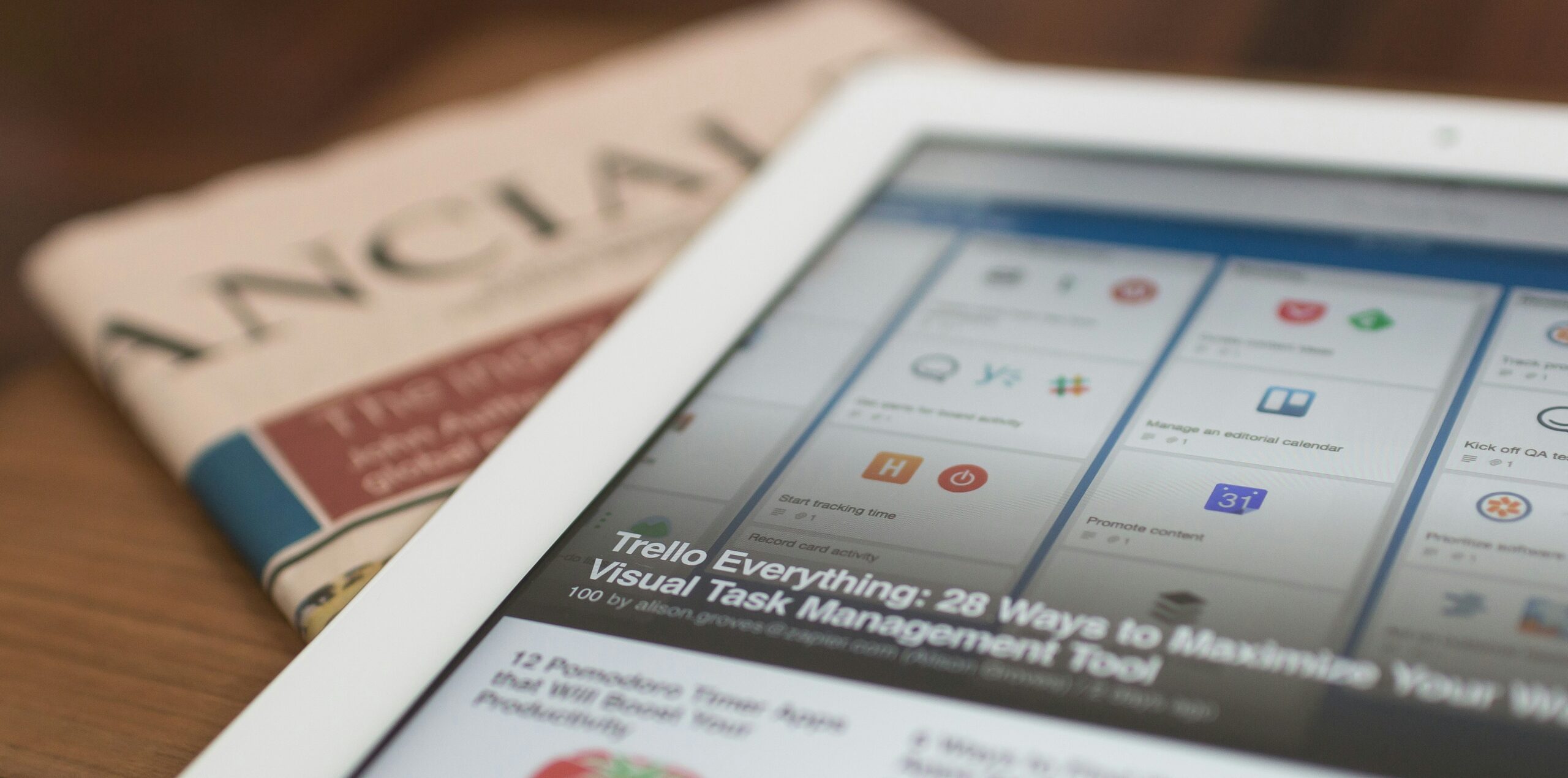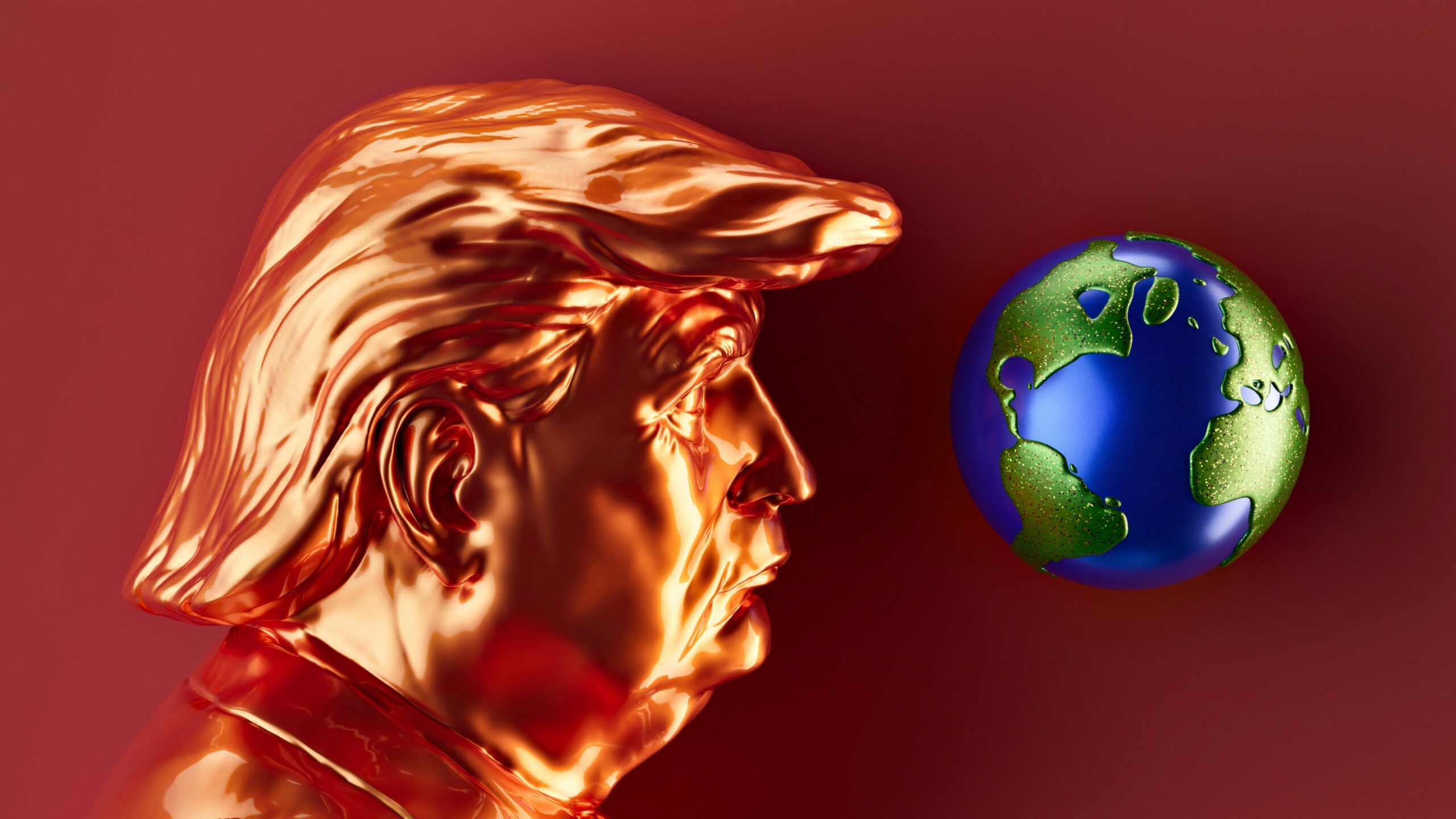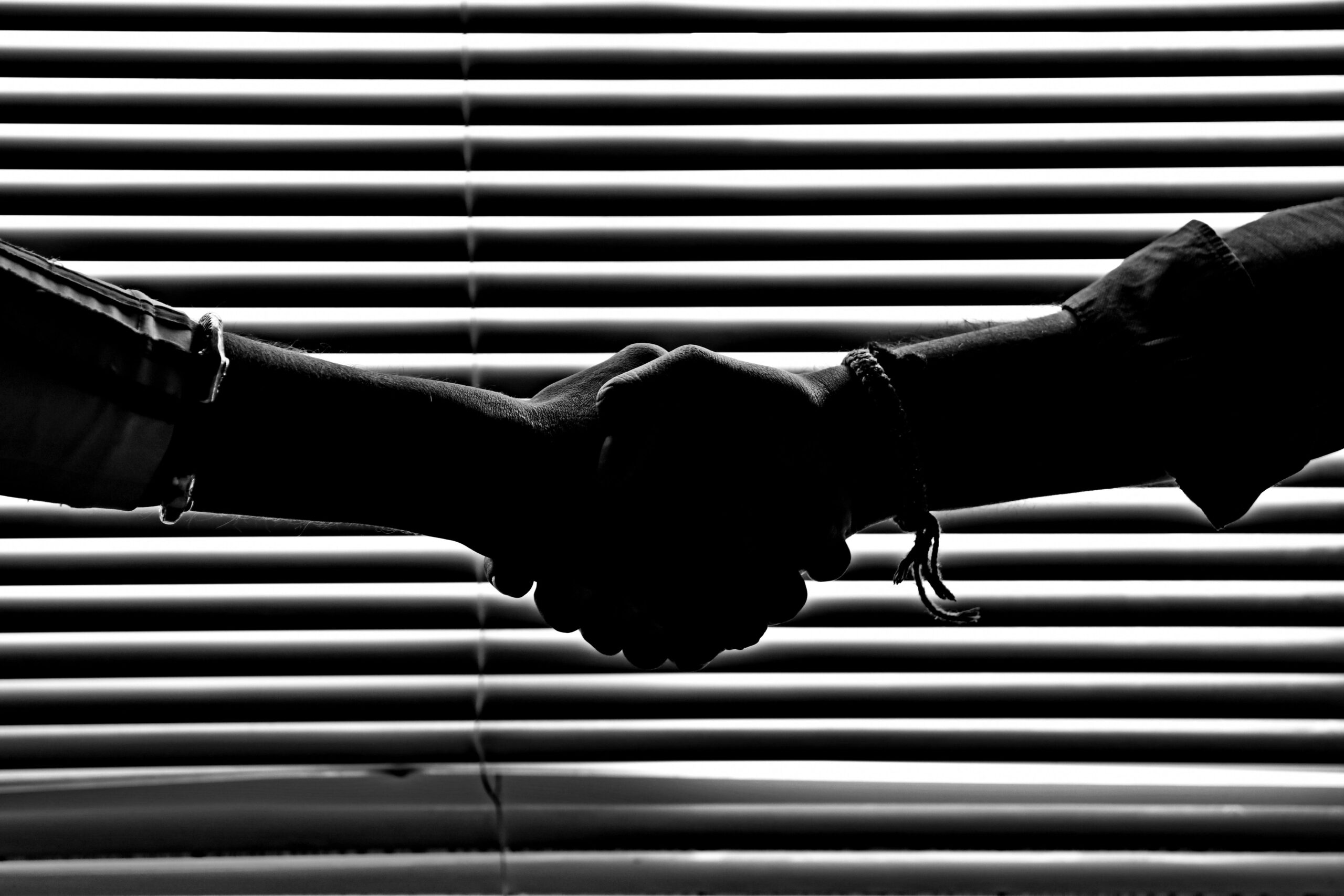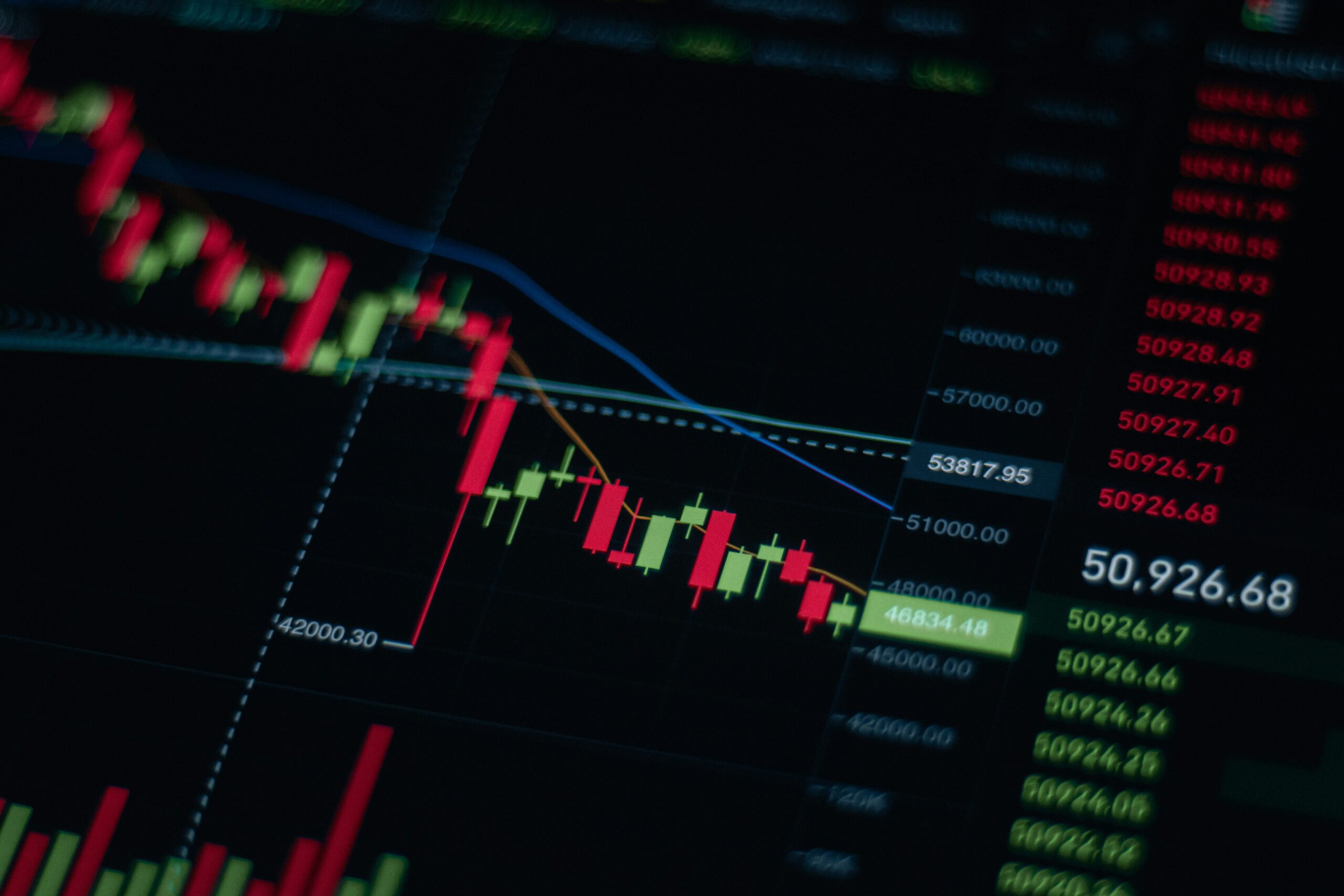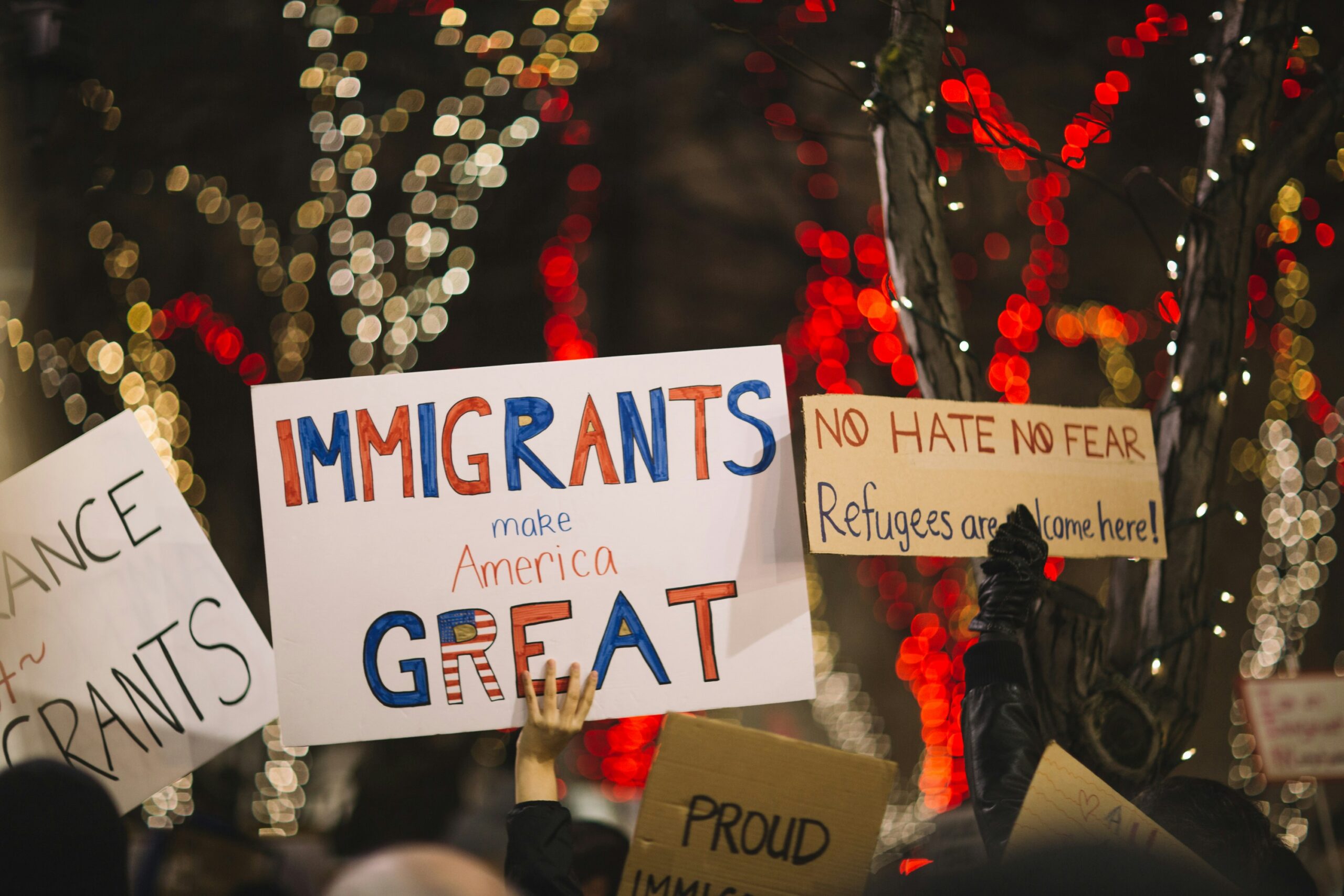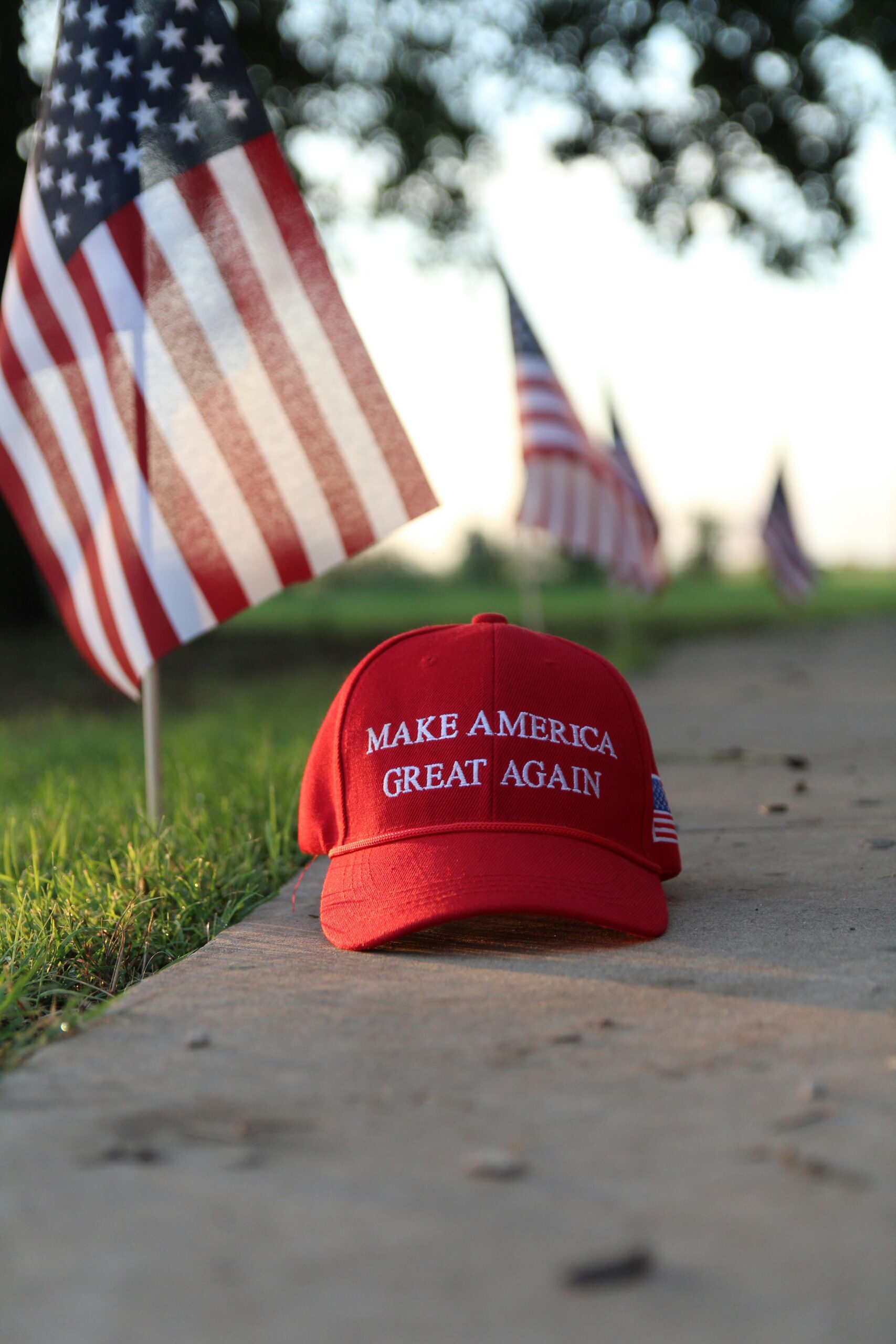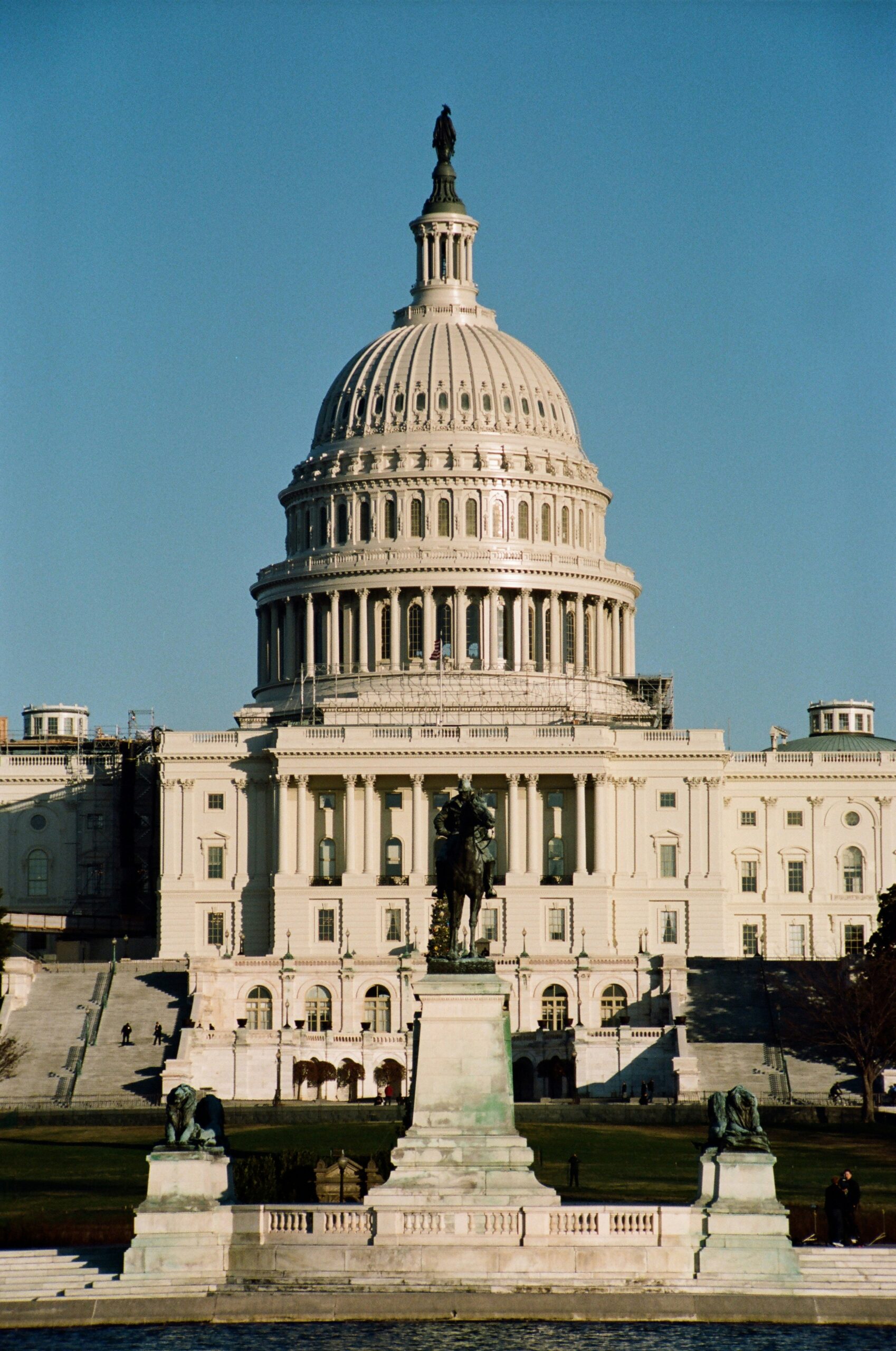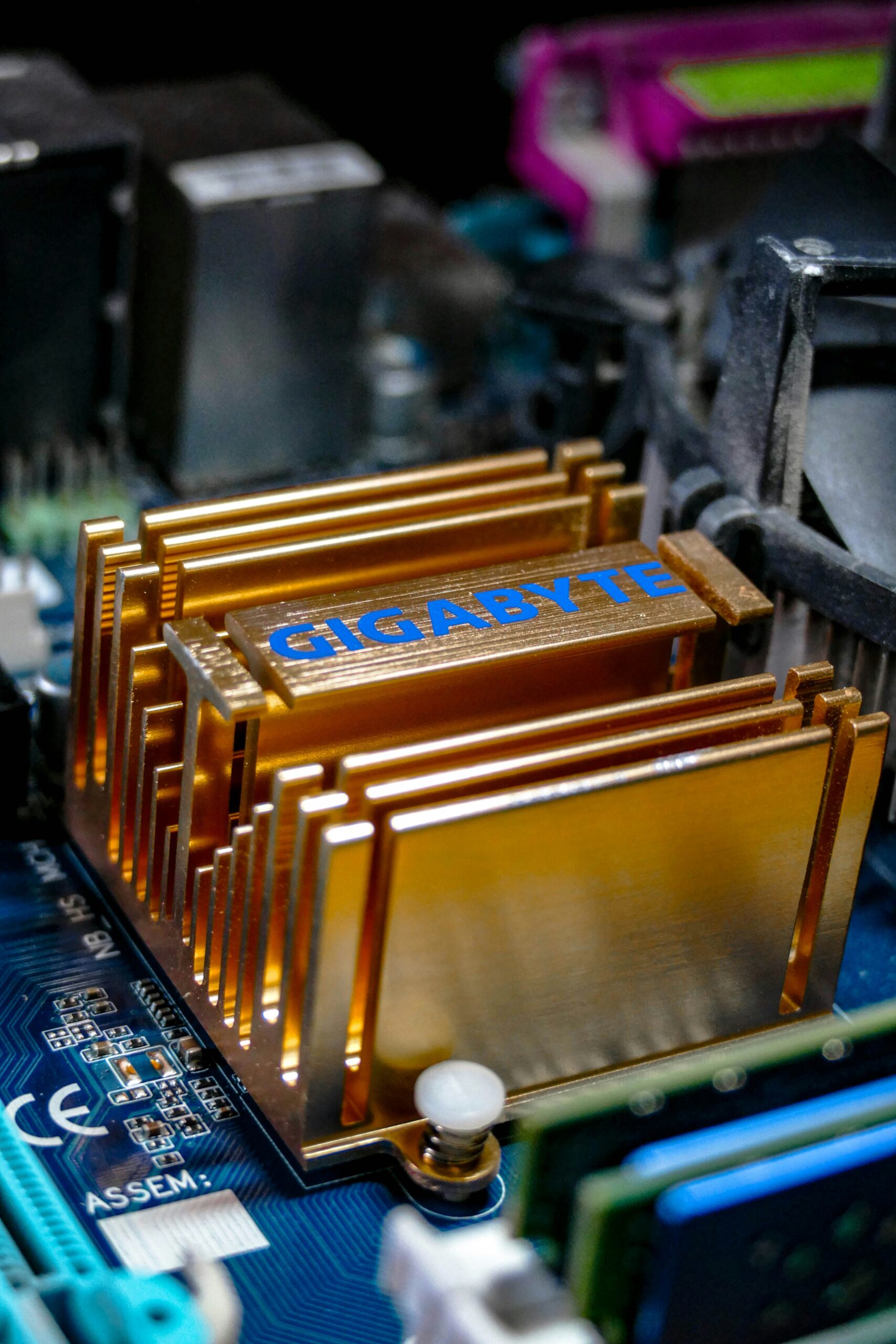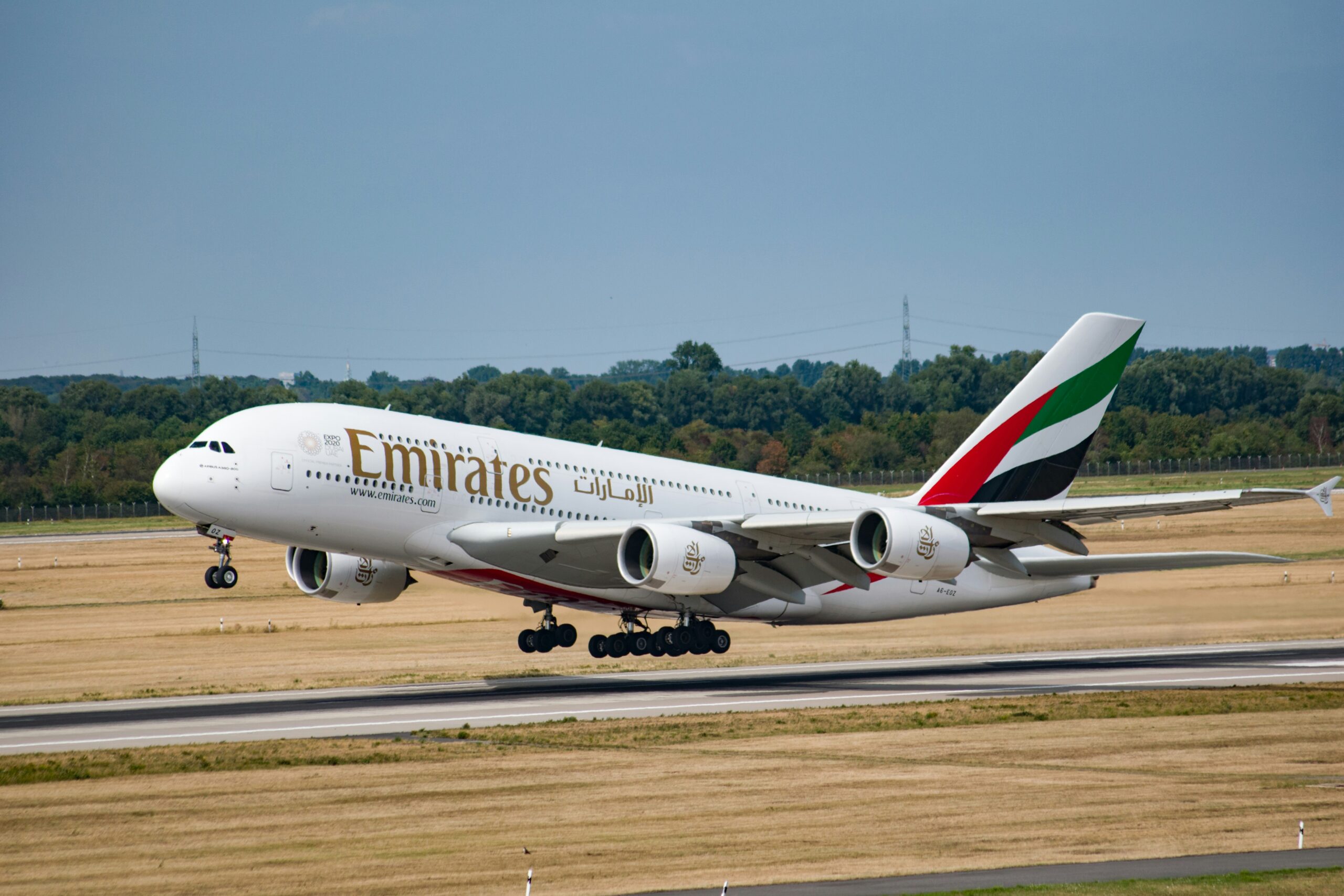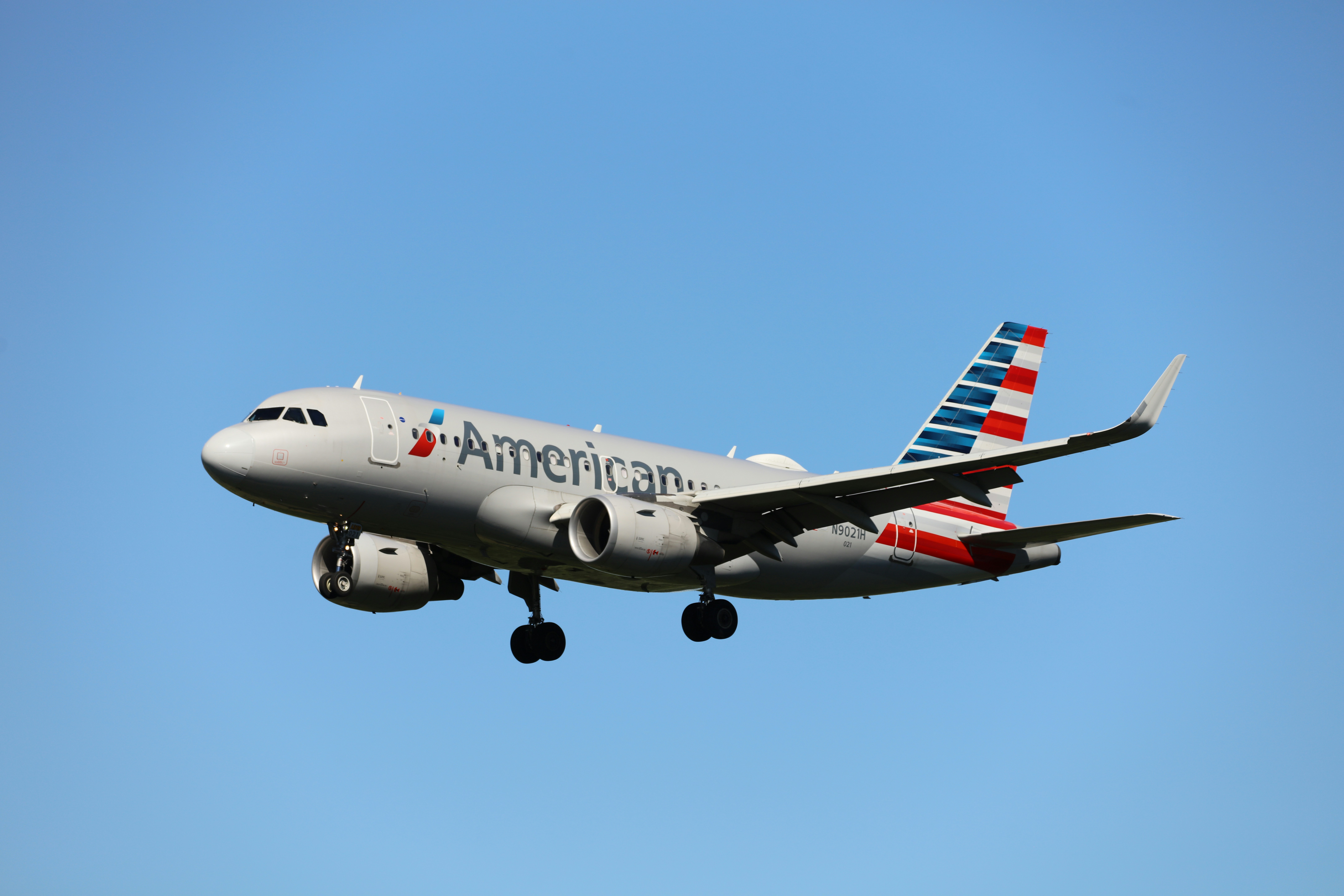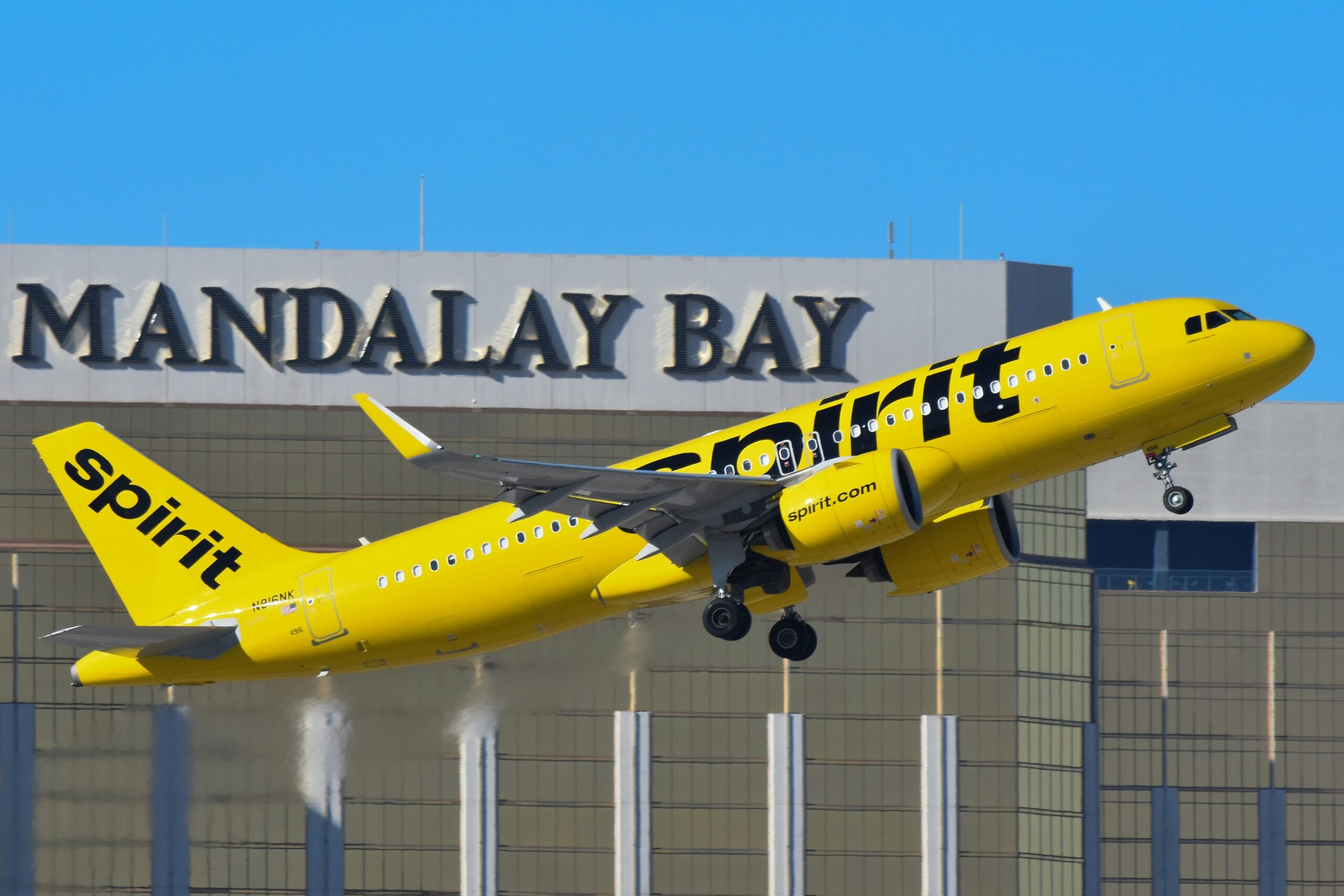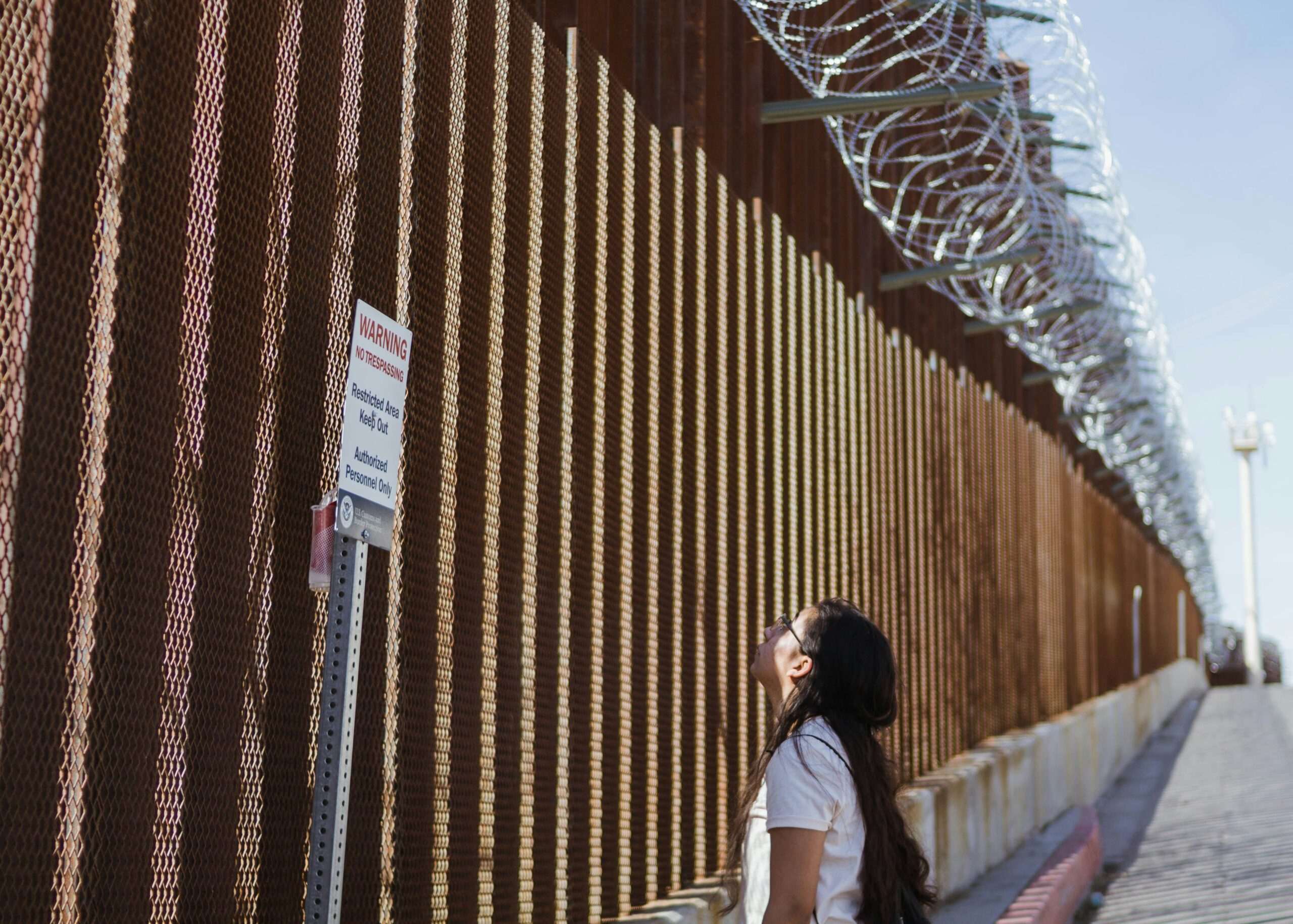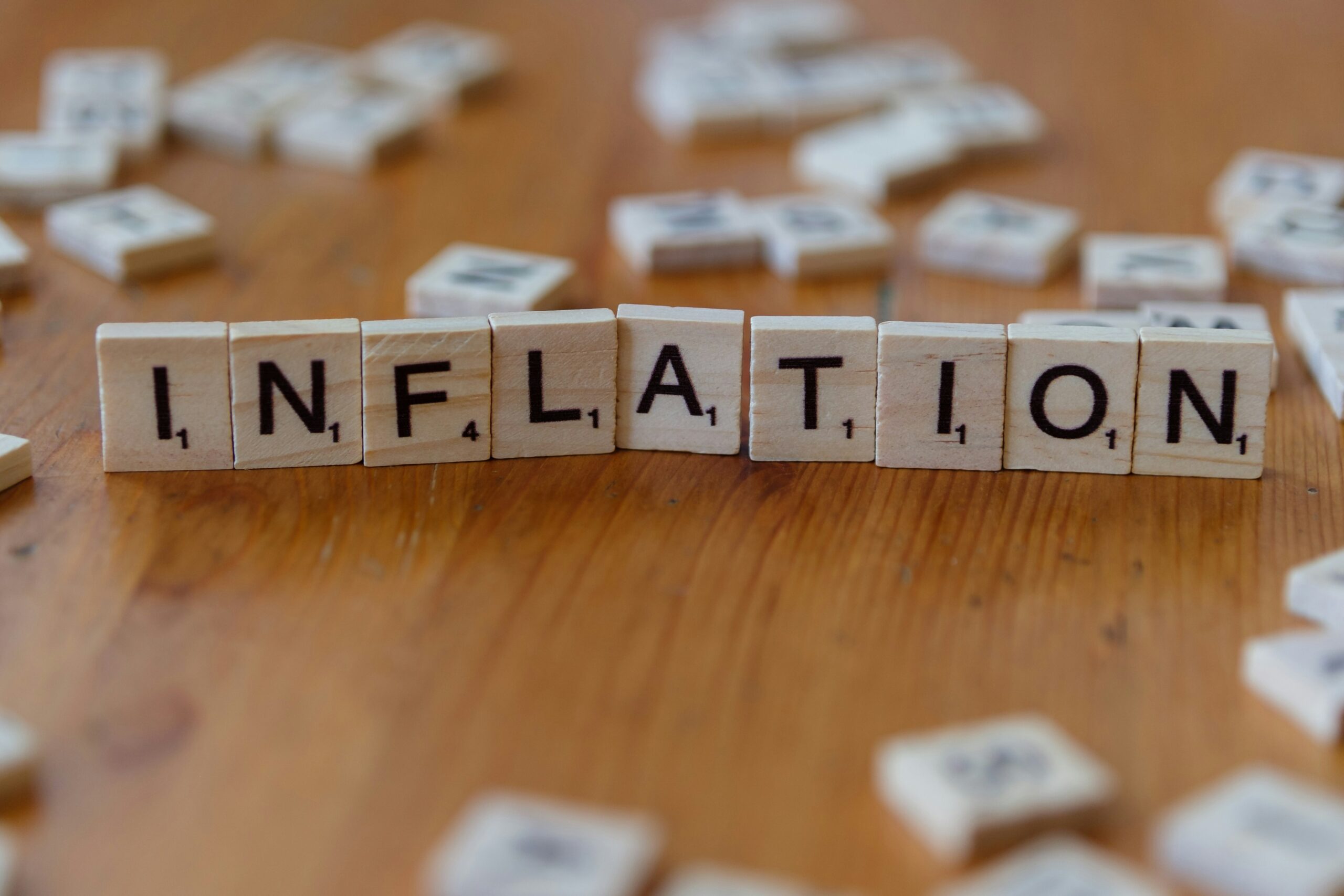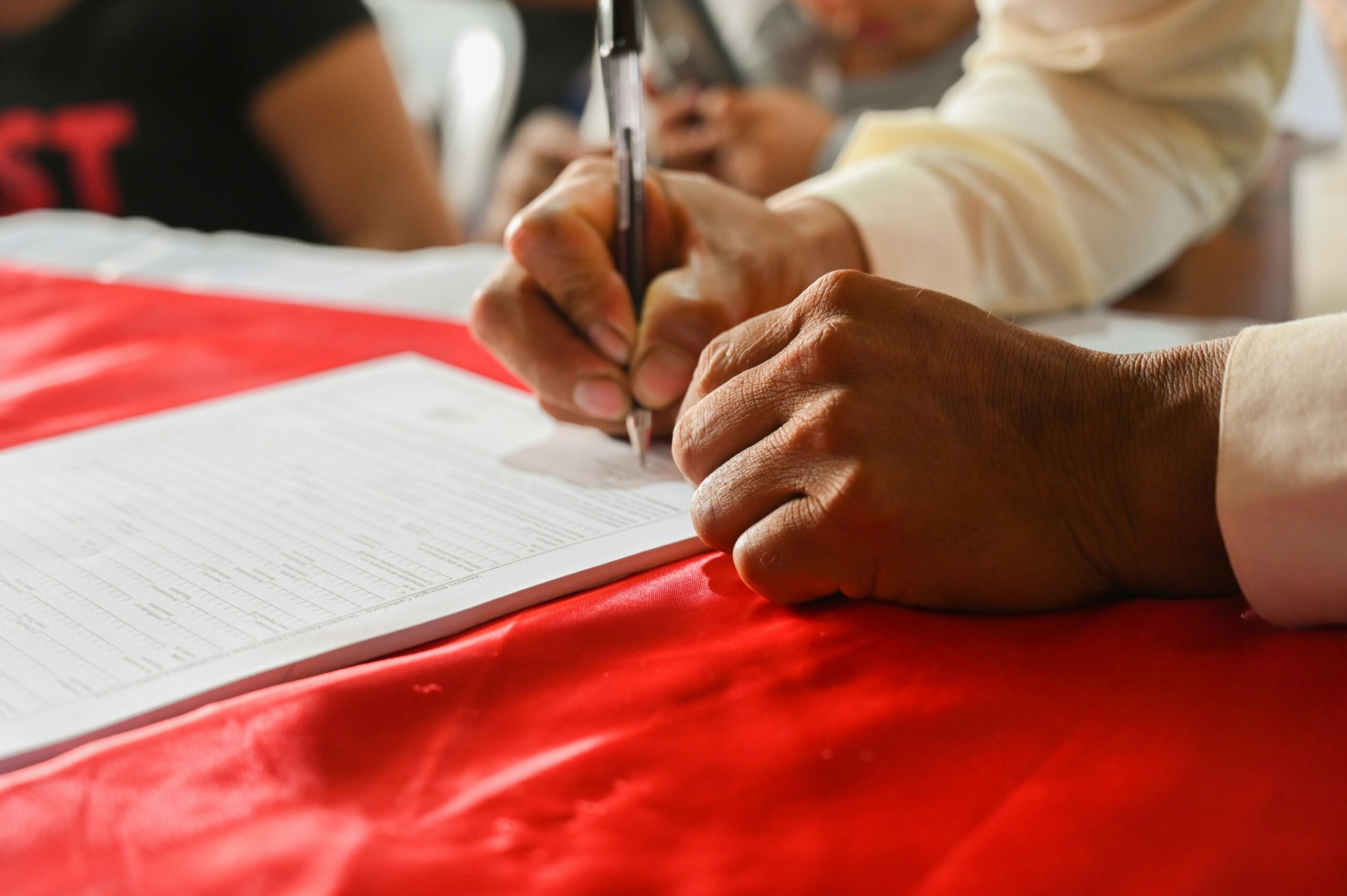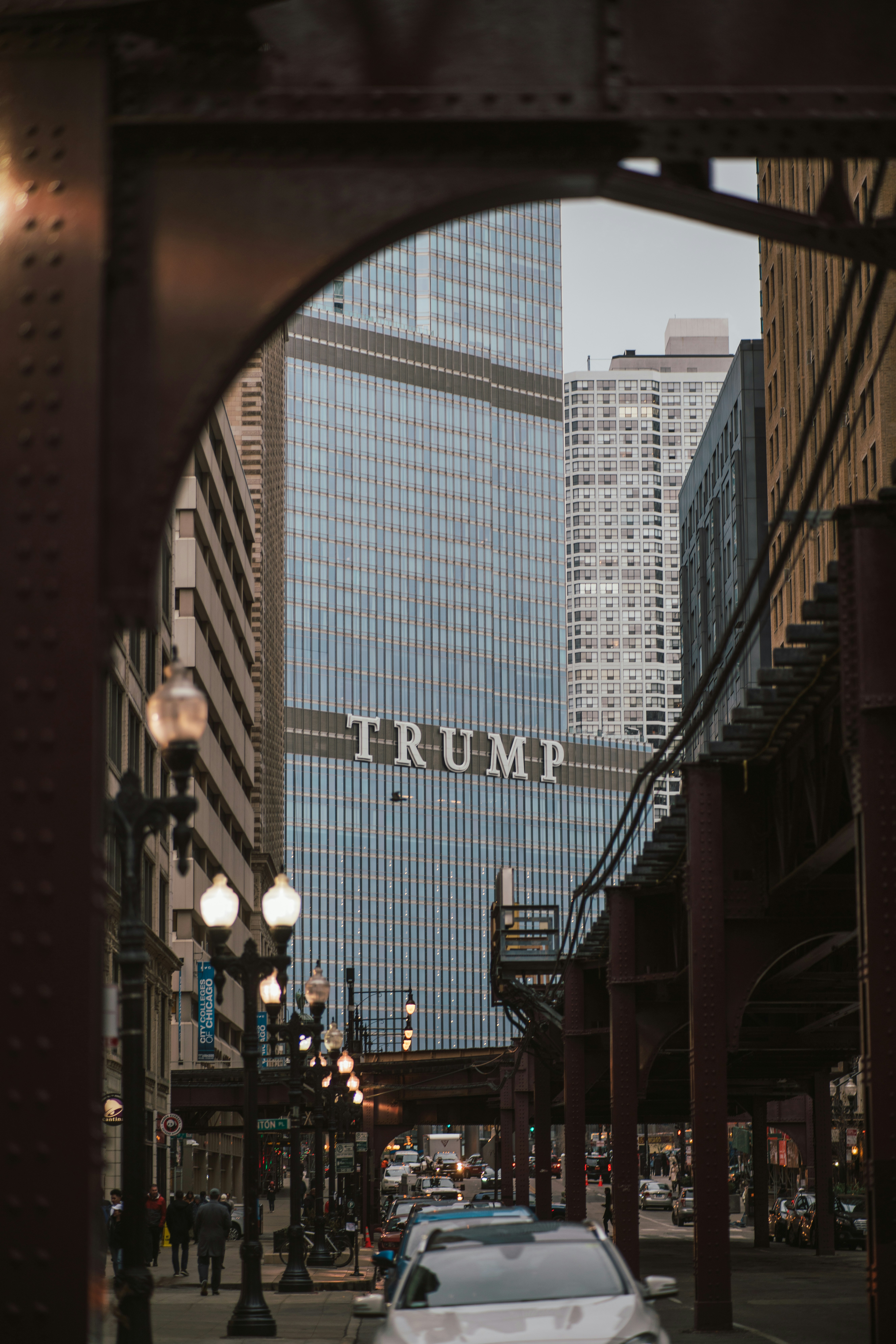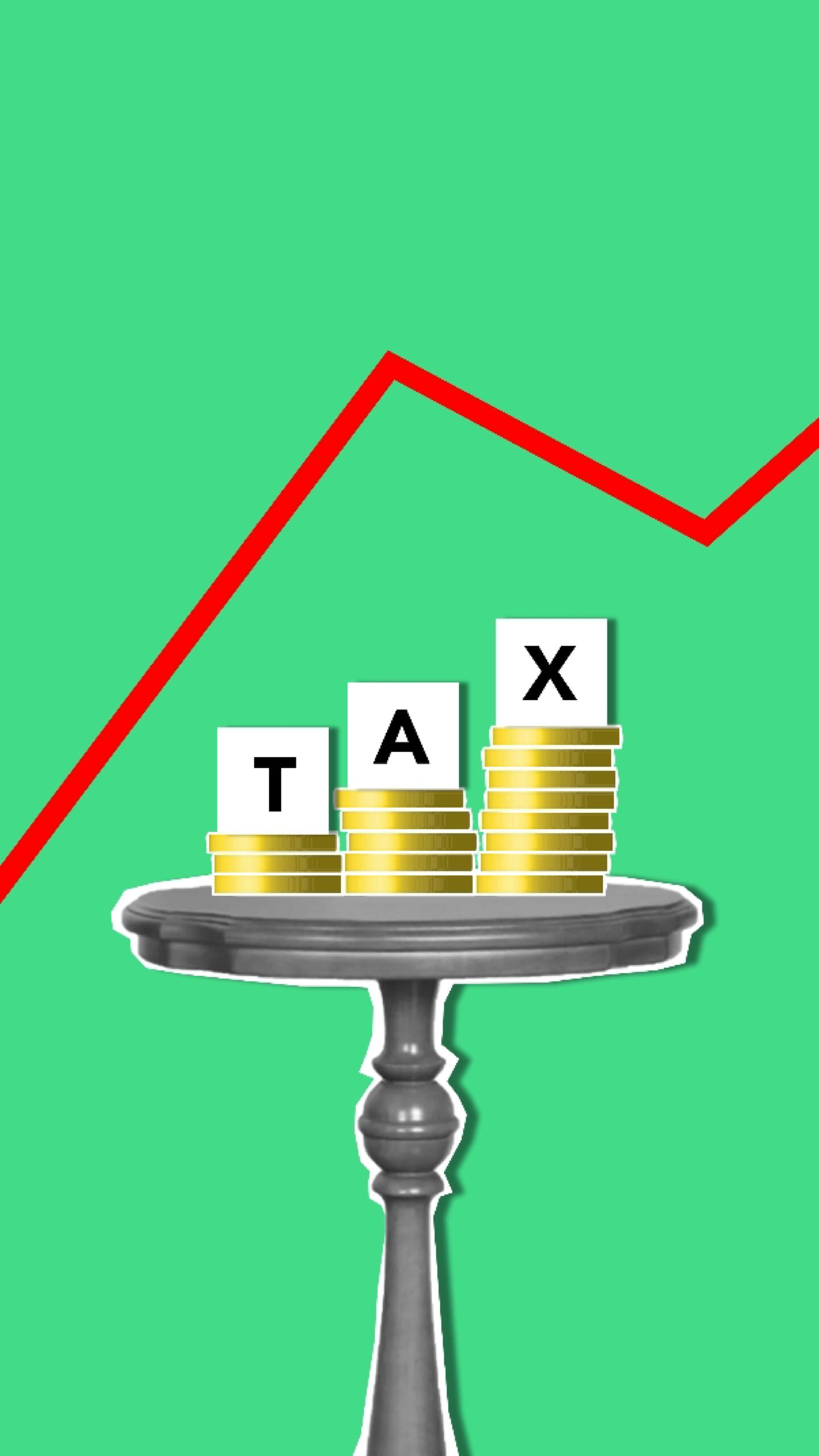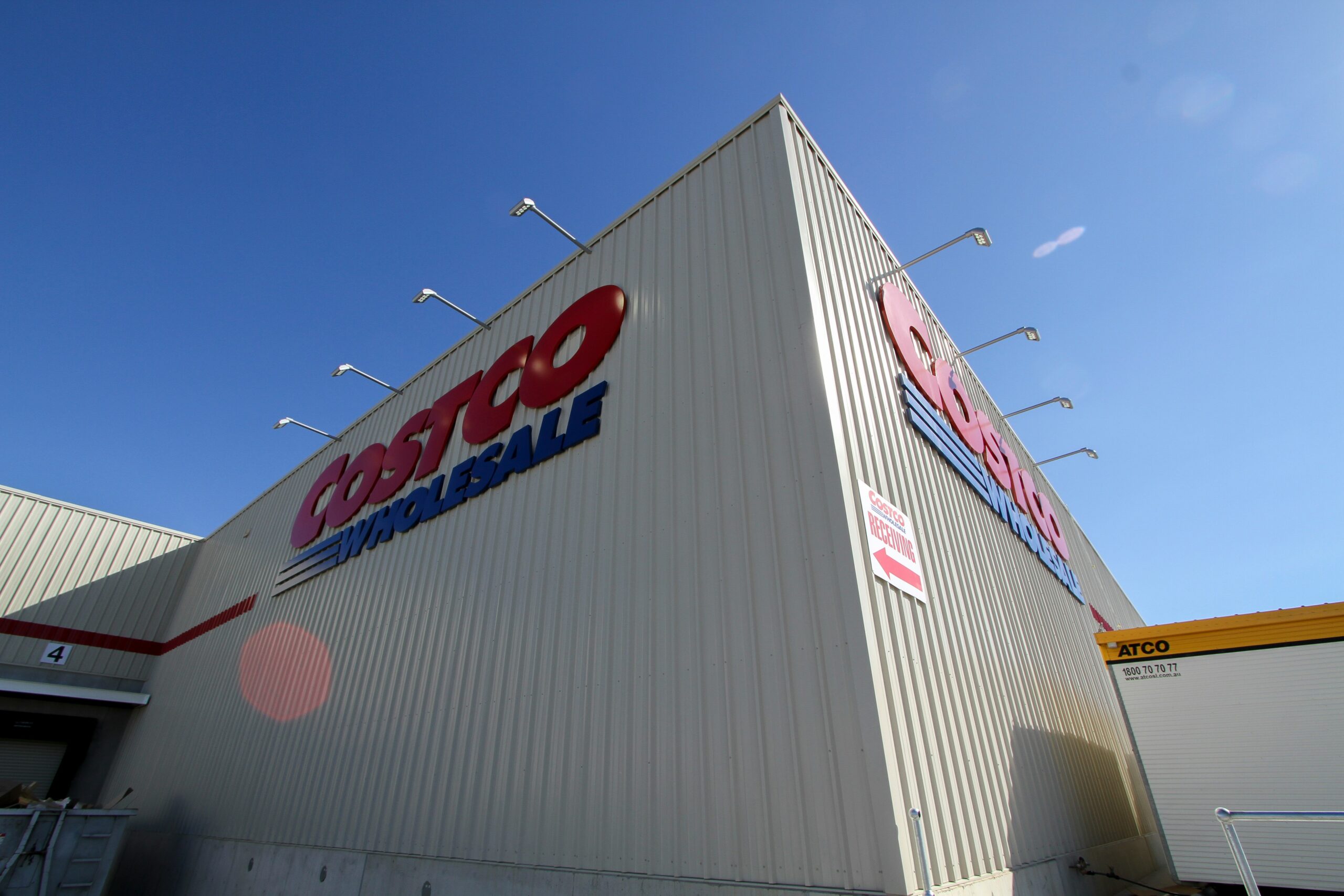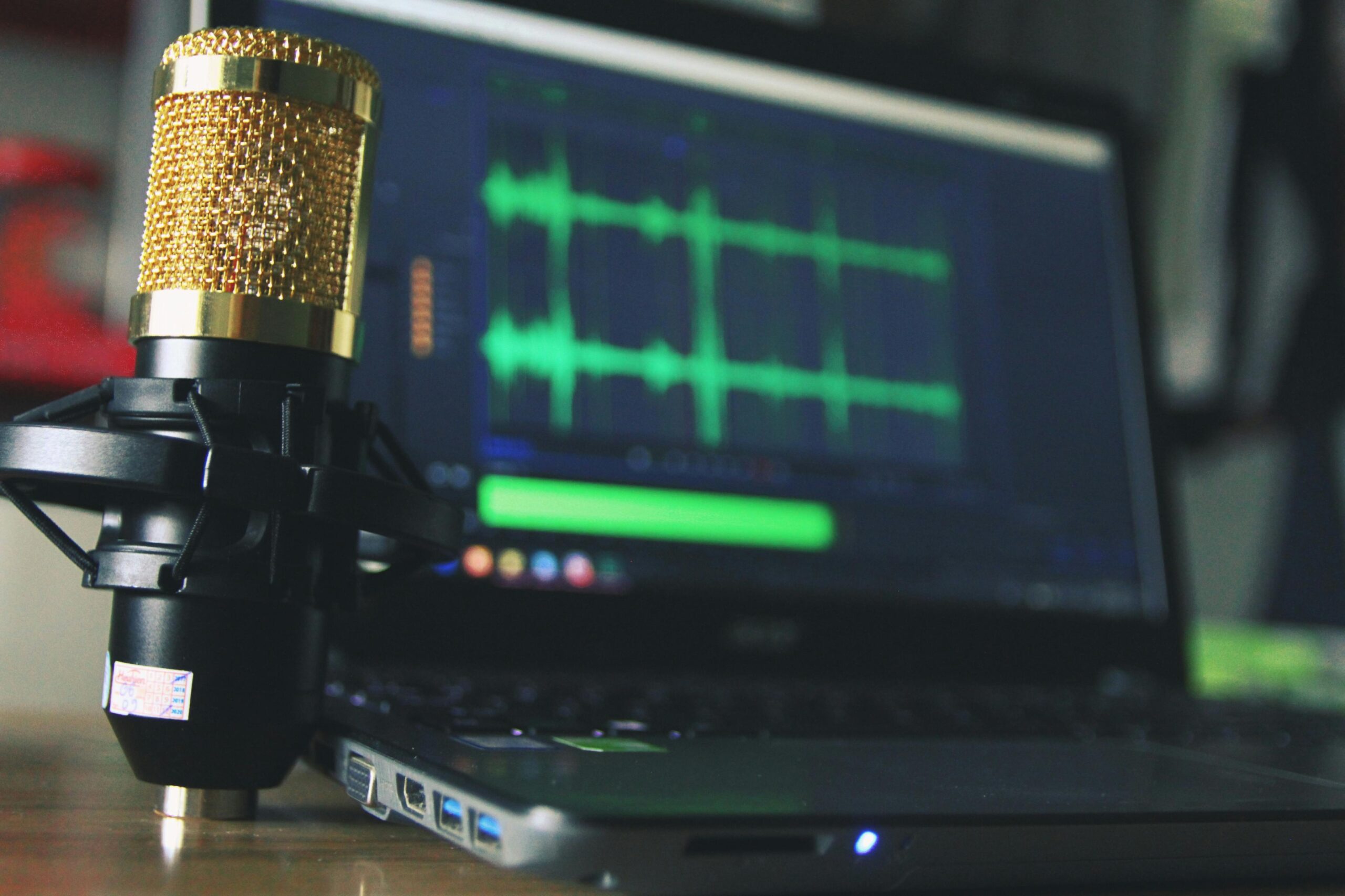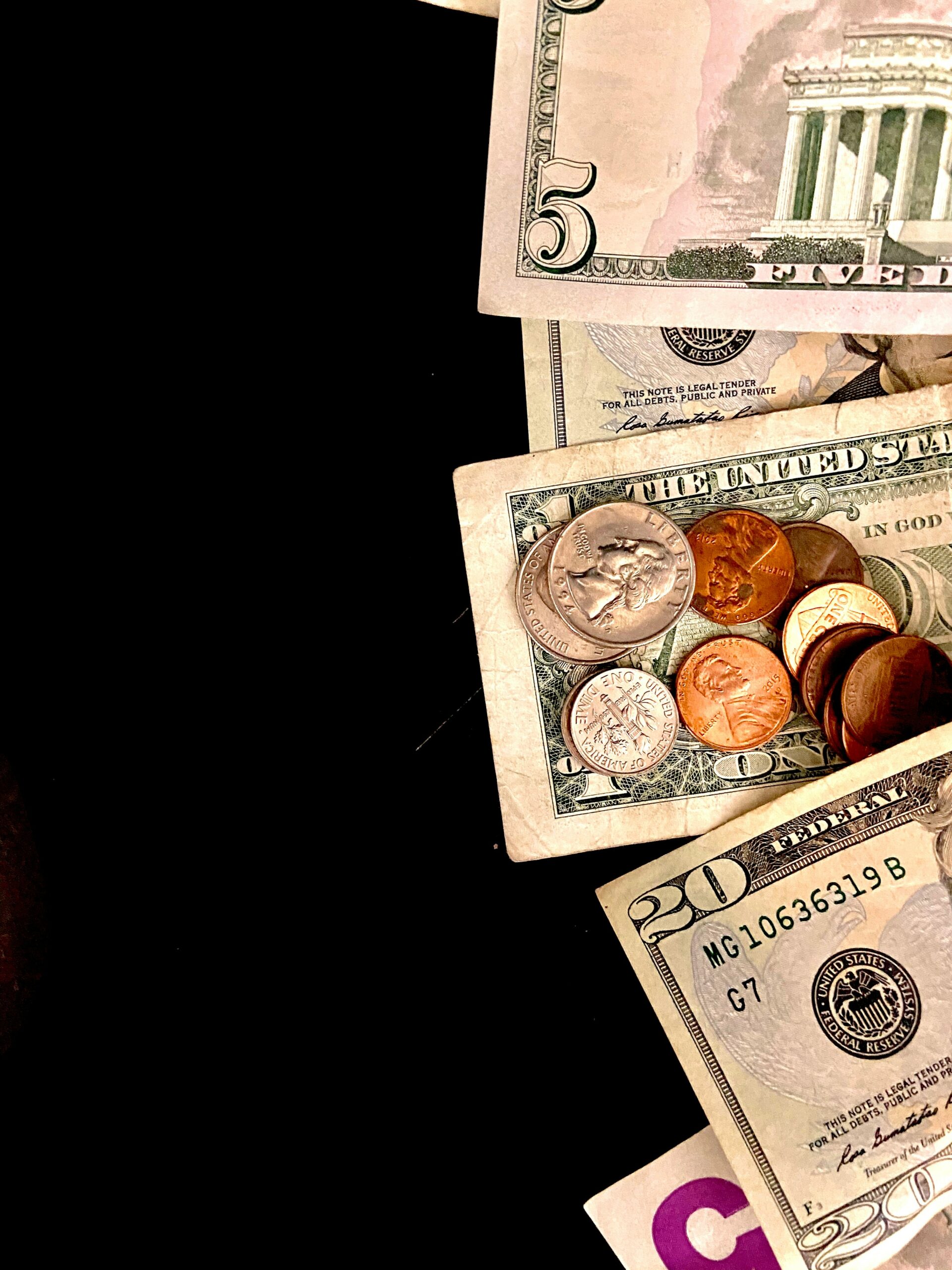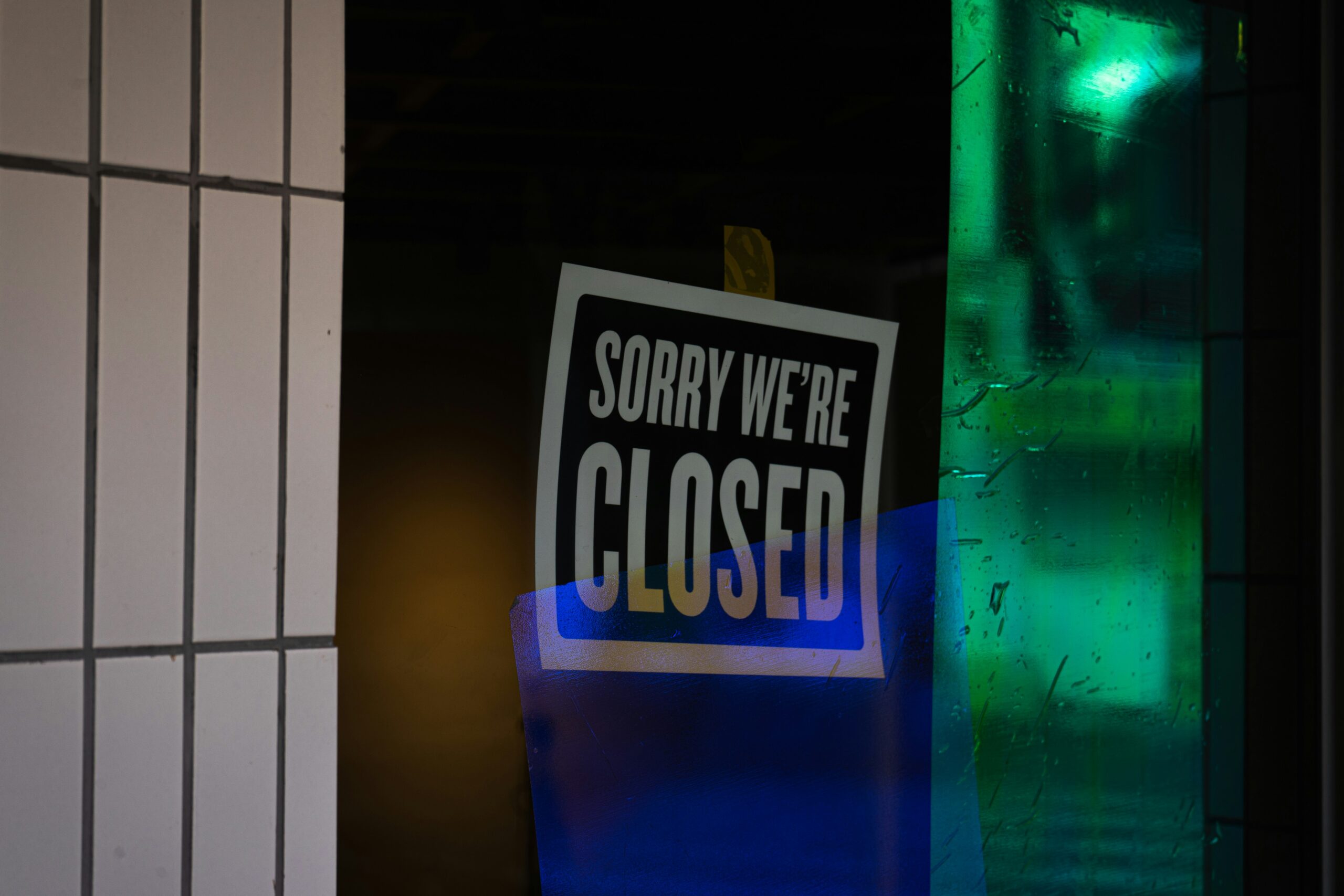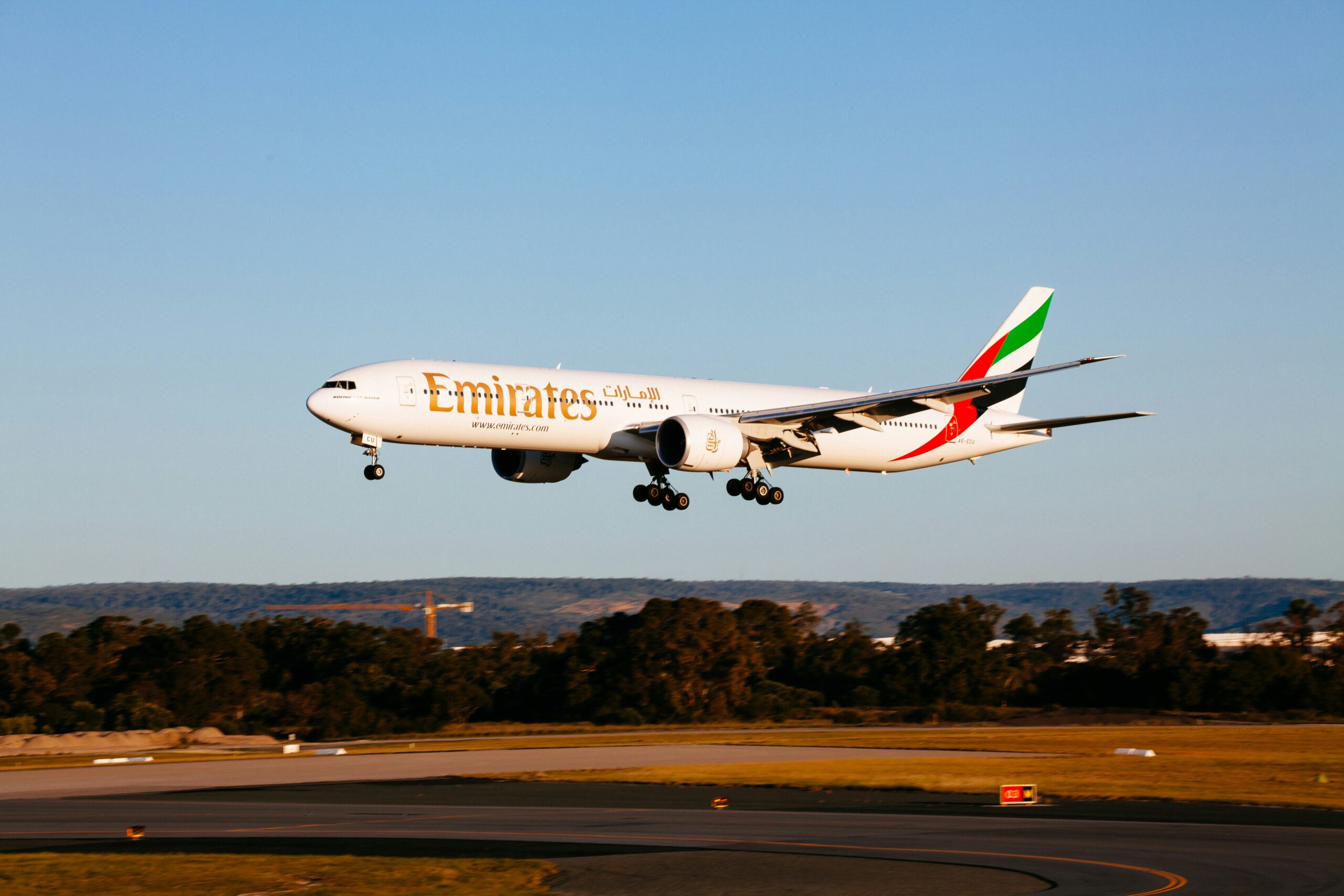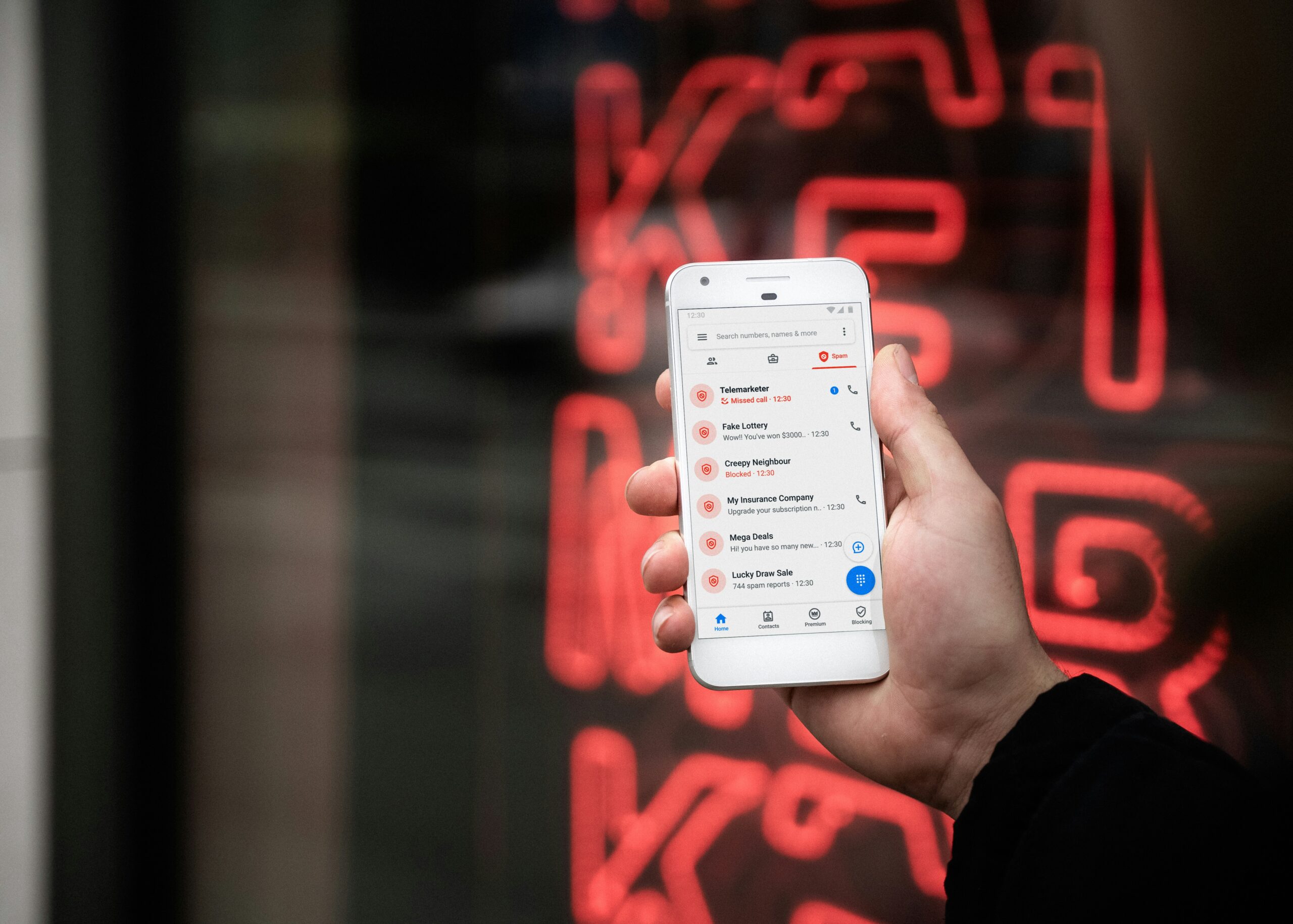Image credit: Unsplash
The Justice Department is contemplating new criminal charges against Boeing. This action could further damage its already battered reputation and lead to financial repercussions. However, these charges are unlikely to result in jail time for its top executives.
While it is common to see criminal charges against smaller, privately held companies, it is less so to see publicly traded giants like Boeing faced with criminal charges. According to Jennifer Arlen, a law professor at New York University, while almost all illegal corporate acts are committed by individuals, it’s rare for executives at large companies to face personal consequences. Instead, these executives often negotiate settlements that spare them but might incriminate lower-level employees.
The impact of criminal charges on a corporation is significant enough to deter publicly traded companies from wanting such accusations on their record. Because of this, big companies generally seek civil settlements. For example, Boeing recently settled charges through civil agreements that involved violations of the Arms Export Control Act and the False Claims Act. The company had to pay substantial fines, but they avoided criminal convictions.
In January 2021, Boeing chose a deferred prosecution agreement to settle allegations of misleading the Federal Aviation Administration during the certification of its 737 Max. The contract required Boeing to demonstrate good conduct over three years to avoid further prosecution. This period was nearly complete when a new incident—a door plug blowing off a Boeing 737 Max—reopened discussions about possible violations of this agreement.
Boeing’s potential breach of the deferred prosecution agreement could lead to renewed charges. These renewed charges would be based on Boeing’s history with the 737 Max. This plane was involved in two fatal crashes in 2018 and 2019 due to undisclosed issues with a flight control feature, which killed 346 people. The event led to accusations of fraud and deception against Boeing and highlighted Boeing’s preference for profit over transparency.
The victims’ families have criticized the earlier settlements as too lenient and now advocate for steeper penalties. They suggest fines as high as $24.9 billion. These financial penalties could have devastating effects on Boeing’s fiscal health. With around $7 billion in cash and nearly $47 billion in long-term debt, new criminal charges could push Boeing’s debt ratings to junk status, skyrocketing its borrowing costs.
The fallout from new charges could also be extensive. If found guilty of a felony, Boeing could face federal monitoring or even prohibitions on doing business in certain jurisdictions. The most drastic scenario could see Boeing barred from federal contracts. This would significantly impair its operations, given that 37% of its revenue comes from the U.S. government.
Corporate criminal charges have led to drastic consequences for companies, the most notable being Arthur Andersen. Arthur Andersen was once a leading accounting firm before it collapsed after being convicted of obstructing justice during the Enron scandal. Although the Supreme Court later overturned the conviction, the damage had already been done, and the firm was out of business.
The potential of renewed criminal charges against Boeing poses not just a legal challenge but a critical threat to its survival. Its current vulnerability demonstrates how judicial actions can trigger the decline of even the most established corporations.





